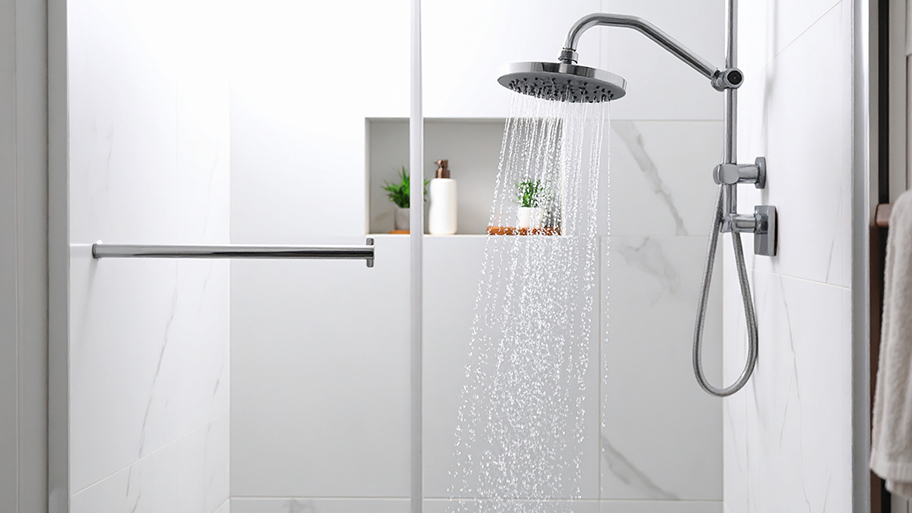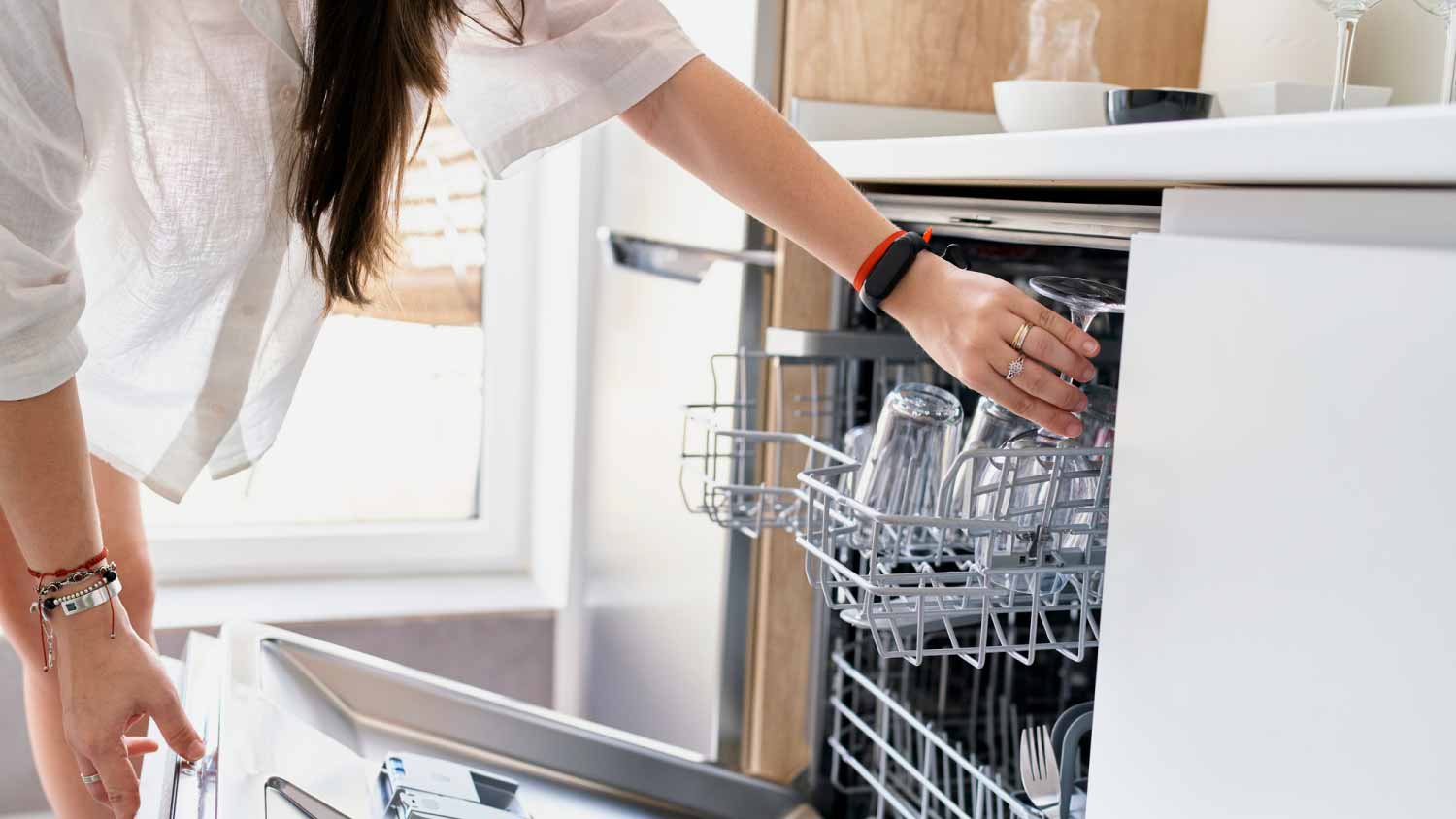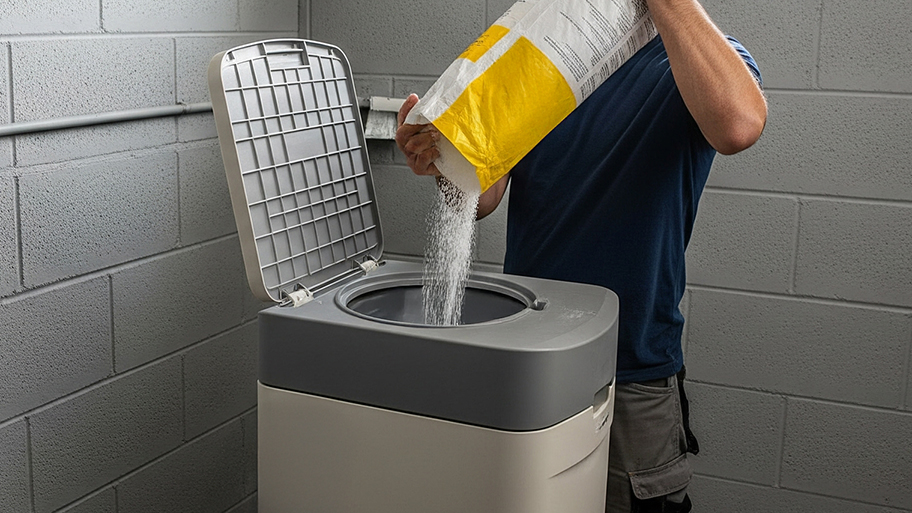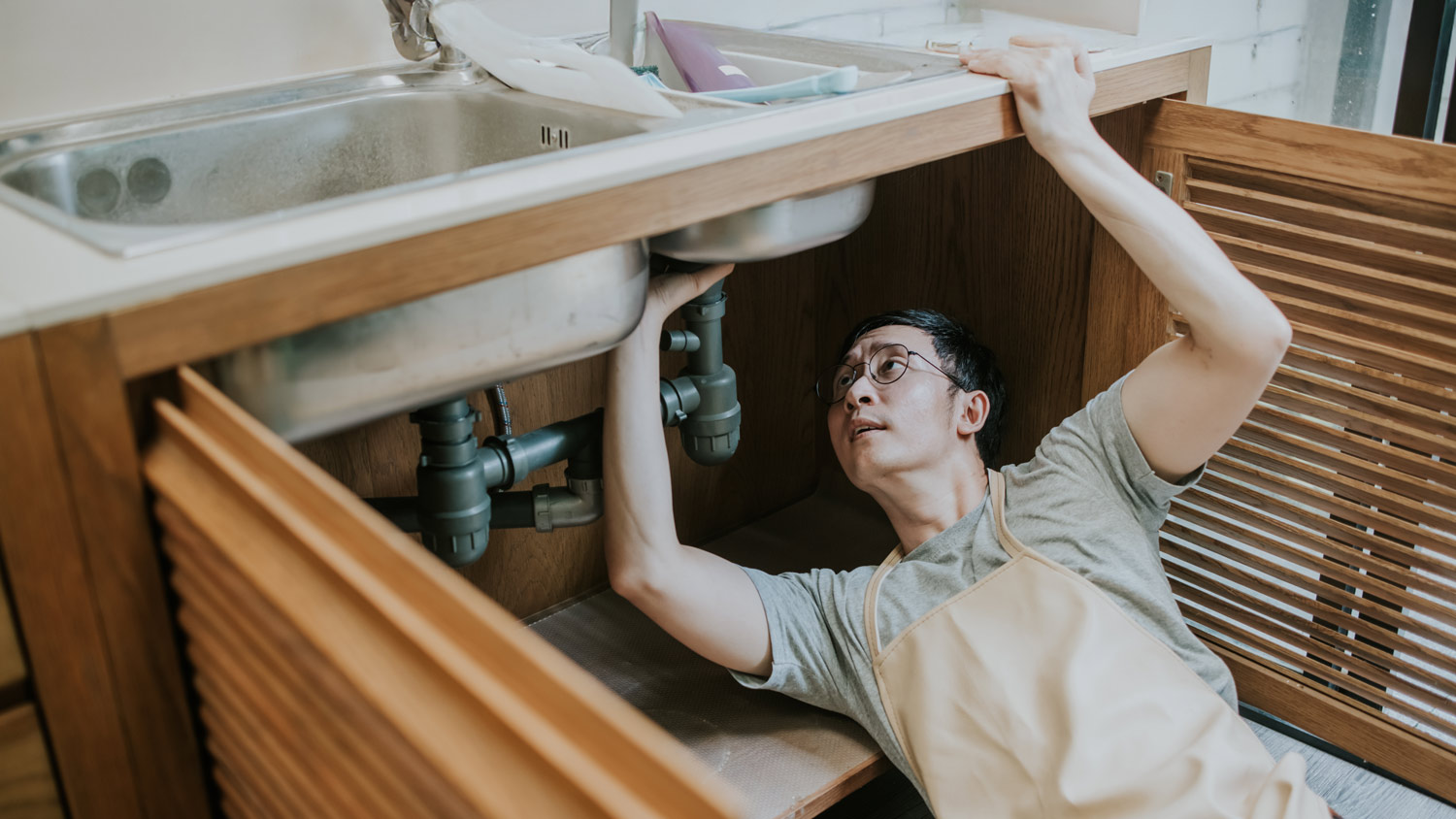
Water softener repair costs can add up, but they’re almost always worthwhile. Use this guide to see what your project is going to cost before you get started.
Here’s the hard truth about installing a water softener in your home


Hard water affects more than 80% of homes in the U.S.
Water softeners remove mineral deposits from hard water.
Benefits include lower energy costs, healthier hair and skin, fresher laundry, longer-lasting appliances, and decreased plumbing issues.
Hard water affects more than 80% of households, but that might do little to make you feel better as you deal with limescale buildup, dry skin and hair, and a host of other less-than-pleasant side effects from hard water. Even though hard water is safe to drink, you might wonder about water softener benefits for your home. Read on to learn more about what a water softener does and whether it benefits your household.
A water softener softens hard water by removing minerals like calcium and magnesium. Sometimes known as ion exchange units, water softeners use resin beads to trap mineral particles and switch them for the sodium or potassium that you regularly add to the system. A water softener is different from a water conditioner, which neutralizes minerals rather than removes them.
A water softener can help increase the life span of your plumbing, your water heater, and even your clothing.
Hiring a local water softener installation company is an investment that will pay off when you consider the system's advantages.
Without the buildup of sediment in your plumbing, water will flow freely. This equates to better water pressure, which means you might even use less water to clean dishes, surfaces, and even yourself.
Your plumber might miss hearing from you after you install a water softener system. When water flows freely through pipes, clogs are less likely to occur. This doesn’t mean that your pipes can’t be clogged by other things, but there won’t be any sediment or mineral deposits coating the inside of pipes just because you decided to run the water.
What will you do with all the time you used to spend scrubbing at limescale and soap scum? The choice will be yours when you have soft rather than hard water. And since you won’t be spending as much time using cleaning products, you won’t spend as much money on them, either.

Any appliance or outlet hooked up to plumbing will now have a shot at a longer life span thanks to improved water flow, which is a by-product of a water softener. Every water-based appliance—from your washing machine to the dishwasher to the water dispenser in your refrigerator—will work better thanks to better connections to and from the water source.
Your hot water tank is one appliance that will especially benefit from a water softener. Hard water leaves behind sediment that can get in the way of a tank's efficient operation, which means it has to work even harder to heat water. When the water temperature fluctuates, so does your energy bill, so you can also enjoy lower monthly costs.
You’ll have to find another excuse for having a bad hair day after you have soft water. Since the system takes out extra minerals, along with chlorine (though that depends on the system), the water can help your shampoo and soap do their jobs better. Your hair and skin will feel softer, and those with skin sensitivities should experience far less irritation with soft water, too.
Laundry might actually be fun when that softer, fluffier clothing comes out of the wash each time. Like with shampoo and soap, soft water allows detergent to clean and rinse better, leaving your clothes softer, brighter, and better-smelling
If you’ve been disappointed to see splotches on glasses, silverware, and dishes—even as they come straight out of the dishwasher—you’ll love having soft water. With no (or at least fewer) minerals to be left behind, the contents of your kitchen cabinets will be squeaky clean.
Here’s something you can cross off your home maintenance list: Cleaning the limescale from your dishwasher, faucets, and showerheads. After you get soft water, you won’t have to wipe away those unsightly white residue stains every single day.

When appliances are working as they should, you’ll have less to manage with their upkeep. This isn’t to say you should ignore regular maintenance schedules, especially when warranties are involved. However, when appliances are working more efficiently, you’ll spend less time and money keeping them that way.
By using fewer cleaning products—or at least switching from heavy-duty to green or all-natural products—you can lower your carbon footprint.
From average costs to expert advice, get all the answers you need to get your job done.

Water softener repair costs can add up, but they’re almost always worthwhile. Use this guide to see what your project is going to cost before you get started.

How much a water softener costs depends on your home’s size, and the system’s type and capacity. Our expert guide explores all the price factors.

Your cost to install an under-sink water filter will depend on the type and size of system you choose and whether you need professional installation.

Looking for tips on how to treat hard water? This guide explains the best options, including installing a water softener, adjusting your water heater, and more.

What causes hard water? An excess of minerals, like calcium and magnesium, are the culprit, but water softeners can decrease the problem.

Are refrigerator water filters good at keeping germs out of fridge water? Explore the pros and cons of refrigerator filters and whether you should get one.